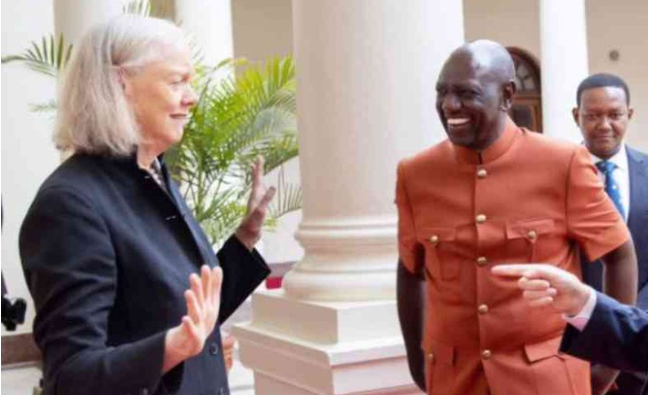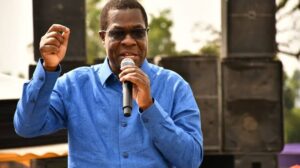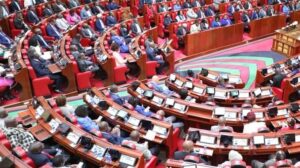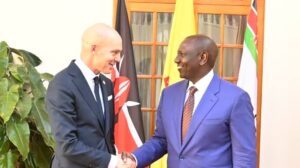The recent scrutiny of President William Ruto’s Cabinet Secretary (CS) nominees by the United States underscores serious concerns about the integrity and vetting processes of key officials in Kenya’s government.
This heightened focus reflects broader issues related to governance, transparency, and anti-corruption efforts in Ken
The U.S. government has a vested interest in ensuring that international partners, including Kenya, adhere to high standards of governance and integrity.
This interest is particularly relevant in light of Kenya’s history of corruption and political instability.
The vetting process for CS nominees is crucial, as these positions hold significant power and influence over national policies and public resources.
Kenya has struggled with corruption for decades. For instance, previous administrations have been marred by scandals involving misappropriation of public funds and abuse of power.
High-profile cases, such as the Anglo-Leasing scandal and the NYS (National Youth Service) fraud, highlight systemic issues within the government.
The U.S. is wary of repeating these problems with new appointments.
The vetting process aims to ensure that nominees are free from past corruption or misconduct.
However, concerns have been raised about whether this process is thorough and transparent.
For example, in the past, some nominees with questionable backgrounds have been approved, raising doubts about the effectiveness of the vetting mechanisms.
There are concerns that political patronage might influence the appointment of CS nominees.
In Kenya, it is not uncommon for political allies to be rewarded with influential positions, potentially undermining merit-based selection and allowing individuals with dubious credentials to gain power.
The U.S. and other international bodies often tie aid and diplomatic relations to adherence to good governance practices.
Kenya’s ability to secure and maintain international support may be influenced by the perceived integrity of its officials.
For instance, the U.S. has historically used aid as a lever to encourage anti-corruption reforms and good governance in Kenya.
The U.S. raising concerns about the vetting of William Ruto’s CS nominees highlights critical issues regarding governance and integrity in Kenya.
Ensuring that nominees are thoroughly vetted and free from corruption is essential for maintaining public trust and fostering positive international relationships.





















Add Comment